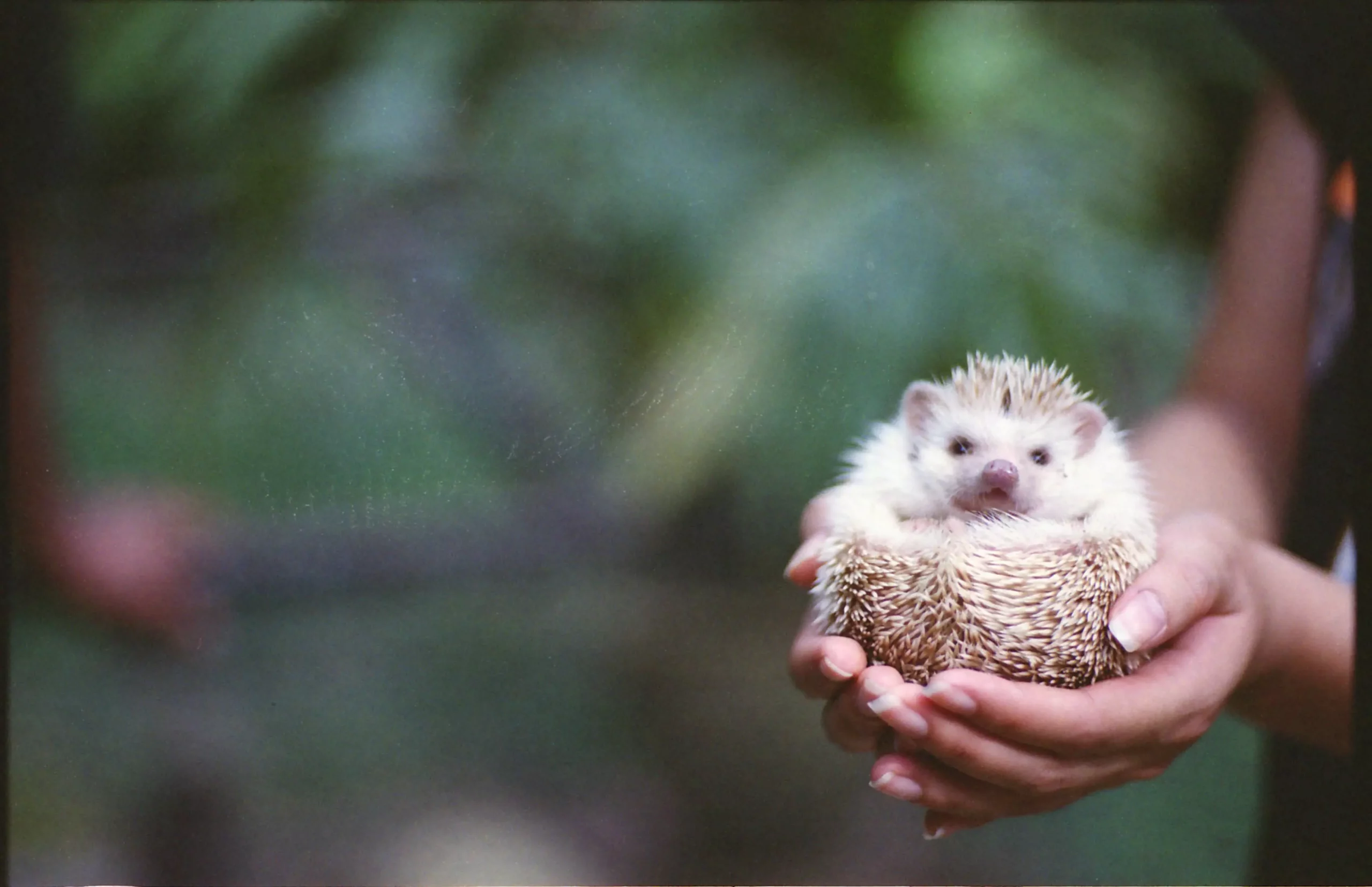The African pygmy hedgehog has emerged as a favorite among exotic pet enthusiasts in recent years. With their charming demeanor and distinctive spiny coats, these little creatures present a unique combination of allure and low-maintenance companionship. However, potential owners should consider various aspects before welcoming an African pygmy hedgehog into their lives. This article delves into the essential traits, care requirements, and housing needs for these delightful pets, helping you decide if they are the right choice for your home.
Distinctively different from the sharp quills of porcupines, the hedgehog’s smooth spines are reminiscent of brush bristles. The African pygmy hedgehog, scientifically known as *Atelerix albiventris*, typically measures between 6 to 8 inches in length and weighs about 8 to 21 ounces. While small compared to many other pet mammals, these hedgehogs are notable for their varied color patterns, such as salt and pepper, snowflake, and the rich hues of cinnamon. This playful variety makes each animal unique and visually striking, appealing to those looking for something out of the ordinary in the pet realm.
Despite their unique external appearance, African pygmy hedgehogs possess temperaments that may surprise potential owners. They are predominantly solitary creatures, preferring minimal human interaction and often requiring time to acclimate to their surroundings. They do not display aggressive tendencies such as biting; their primary defense mechanism involves rolling into a ball, showcasing their spiny defenses. With a little patience and gentle handling, owners can develop a bond with their hedgehogs, leading them to become more adventurous and open.
It is crucial to note that hedgehogs are nocturnal creatures. As a result, they are most active during the evening hours, making them suitable for individuals who typically work standard daytime hours. This inherent behavior means that feeding and engaging with your pet will need to occur during the evening, allowing their natural rhythms to dictate interactions.
Providing proper housing is fundamental for a hedgehog’s well-being. An ideal enclosure should measure at least 2 feet wide and 4 feet long, but larger spaces are always beneficial. Various options exist for hedgehog housing, with aquariums and cages with a solid floor being preferred. For ventilation and safety, a tight-fitting mesh lid is essential, ensuring that the hedgehog does not escape while still providing airflow.
Due to hedgehogs’ propensity for exploration, it is vital that their enclosure includes hiding spots where they can feel secure and rest. Providing enrichment through toys, such as tunnels or small balls, is also crucial for their mental stimulation. However, owners should be prepared for regular maintenance, as hedgehogs typically do not utilize litter boxes as other small animals might, leading to more frequent cleaning.
In the wild, hedgehogs mainly consume insect protein. Therefore, it is essential for owners to offer high-quality hedgehog food that meets their nutritional requirements. Many now prefer specialized hedgehog diets available on the market. If opting for cat food, ensure it is grain-free, as grains can lead to hedgehog obesity.
Supplementing their diet with fruits, vegetables, and the occasional live insect can contribute to their overall health and mimic their natural foraging behaviors. A daily routine of providing food in the evening aligns seamlessly with their nocturnal lifestyle, ensuring they remain active and healthy.
Regular check-ups with a veterinarian experienced in exotic animals are vital to monitor their health, as hedgehogs can succumb to various ailments, including dental diseases, skin infections, and obesity from an improper diet. Thus, ensuring your hedgehog’s diet and living conditions are optimal is paramount to preventing health issues.
Many prospective pet owners often underestimate the costs associated with owning a hedgehog. Expenses can range from $100 to $300, depending on the source of the pet and its desired characteristics. Ongoing monthly costs are projected to be between $20 and $40, heavily influenced by dietary choices and bedding materials.
Overall, while African pygmy hedgehogs might not offer the same level of interaction as cuddly pets, they serve as fascinating companions that provide entertainment and engagement through their unique behaviors. Potential owners should be aware that hedgehogs require moderate care mainly focused on habitat cleanliness and diet management.
If the idea of hosting a quiet, entertaining, and somewhat independent pet appeals to you, the African pygmy hedgehog could be an ideal choice. However, prospective owners should do their due diligence in ensuring they provide proper care, a fitting habitat, and adequate veterinary support. These charming animals hold the promise of companionship for those willing to embrace their nocturnal nature and unique quirks, making them a captivating option for the right individual or family. Check with reputable breeders or rescue organizations to ensure responsible ownership when considering adding a hedgehog to your home.

